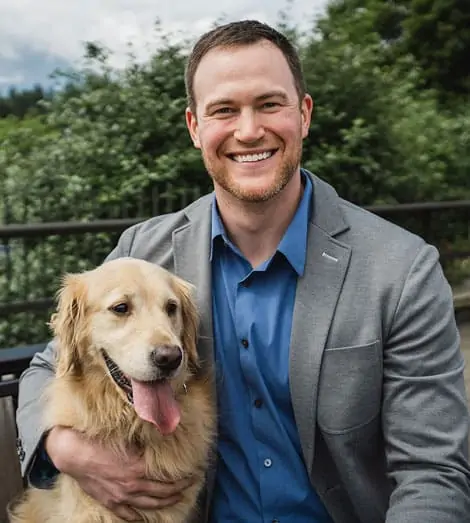
Things Begin to Wear Down
When we age, things start to wear down or cells renew more slowly. Therefore, it is imperative that we take specific measures to decrease the impact of aging on our dental health. Teeth and gums experience changes that must be addressed if we want to maintain our smile. For example, gums may recede from the teeth and the nerves in the teeth become smaller. Because the nerves are smaller, older people cannot perceive pain as easily. When this happens, cavities can get larger. Also, gum disease can become an issue, especially if a patient drinks alcohol or smokes. High-risk behaviors over the years can increase the chance for gum disease or tooth loss.
What You Can Do
To offset some of the results of aging, such as discoloration, gingivitis, or gum recession, it is important to visit our office every six months for a professional cleaning and check-up. That way, any dental concerns can be treated before they progress. Also, if you smoke, you should quit the habit. Tobacco can ruin a smile, as it can cause gum disease and stains. In addition, you may want to use an electric toothbrush if manual dexterity is a problem. Investing in a good electric toothbrush can ensure better oral cleanings. To maintain better dental health, drink plenty of water as well. Doing so will reduce the effects of dry mouth or similar dental problems.
We cater to seniors who need their special dental needs addressed. Give us a call today to learn more about dental care for older people and to arrange a cleaning and consultation.


